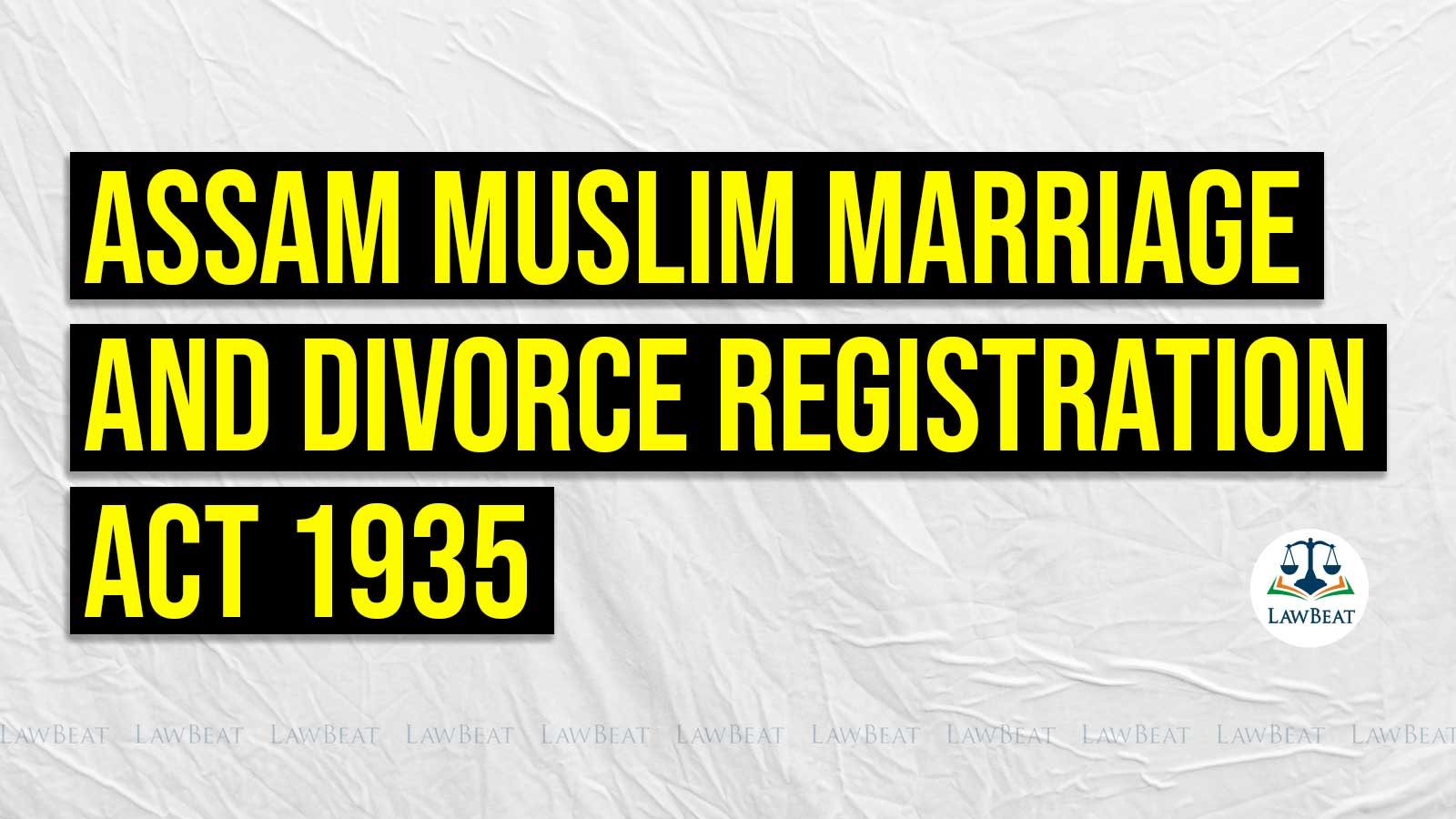Assam Cabinet Approves Ordinance Repealing Muslim Marriage & Registration Act

The CM shared this development on Twitter, highlighting that the said law was inconsistent with the legal age of marriage for men and women, set at 21 and 18 years, respectively.
On Friday, the Assam Government approved an ordinance repealing the Assam Muslims Marriage and Registration Act of 1935.
The state government cabinet, which convened on Friday evening, approved the ordinance repealing the Muslim Marriage and Registration Act.
Chief Minister Himanta Biswa shared this development on Twitter, highlighting that the said law was inconsistent with the legal age of marriage for men and women, set at 21 and 18 years, respectively.
“On 23.22024, the Assam cabinet made a significant decision to repeal the age-old Assam Muslim Marriages & Divorces Registration Act. This act contained provisions allowing marriage registration even if the bride and groom had not reached the legal ages of 18 and 21, as required by law. This move marks another significant step towards prohibiting child marriages in Assam,” the Chief Minister said.
The cabinet in its press release has stated that District Commissioners and District Registrars will be authorised to take custody of registration records currently in the custody of 94 Muslim Marriage Registrars on the repeal of the legislation under the overall supervision, guidance and control of the Inspector General of Registration, Assam.
Further, a one-time compensation of ₹2 lakh will be provided to Muslim Marriage Registrars for their rehabilitation after the Act is repealed.
The act is being repealed on the following grounds:
1. It is an obsolete pre-Independence Act of the British for the then Province of Assam
2. Registration of marriages and divorces is not mandatory as per the Act and the machinery of registration is informal, leaving a lot of scope for non-compliance of extant norms
3. As per provisions of the Act, there remains scope for registering marriages of intended persons below 21 years (for males) and 18 years (for females) and there is hardly any monitoring for implementation of the Act
